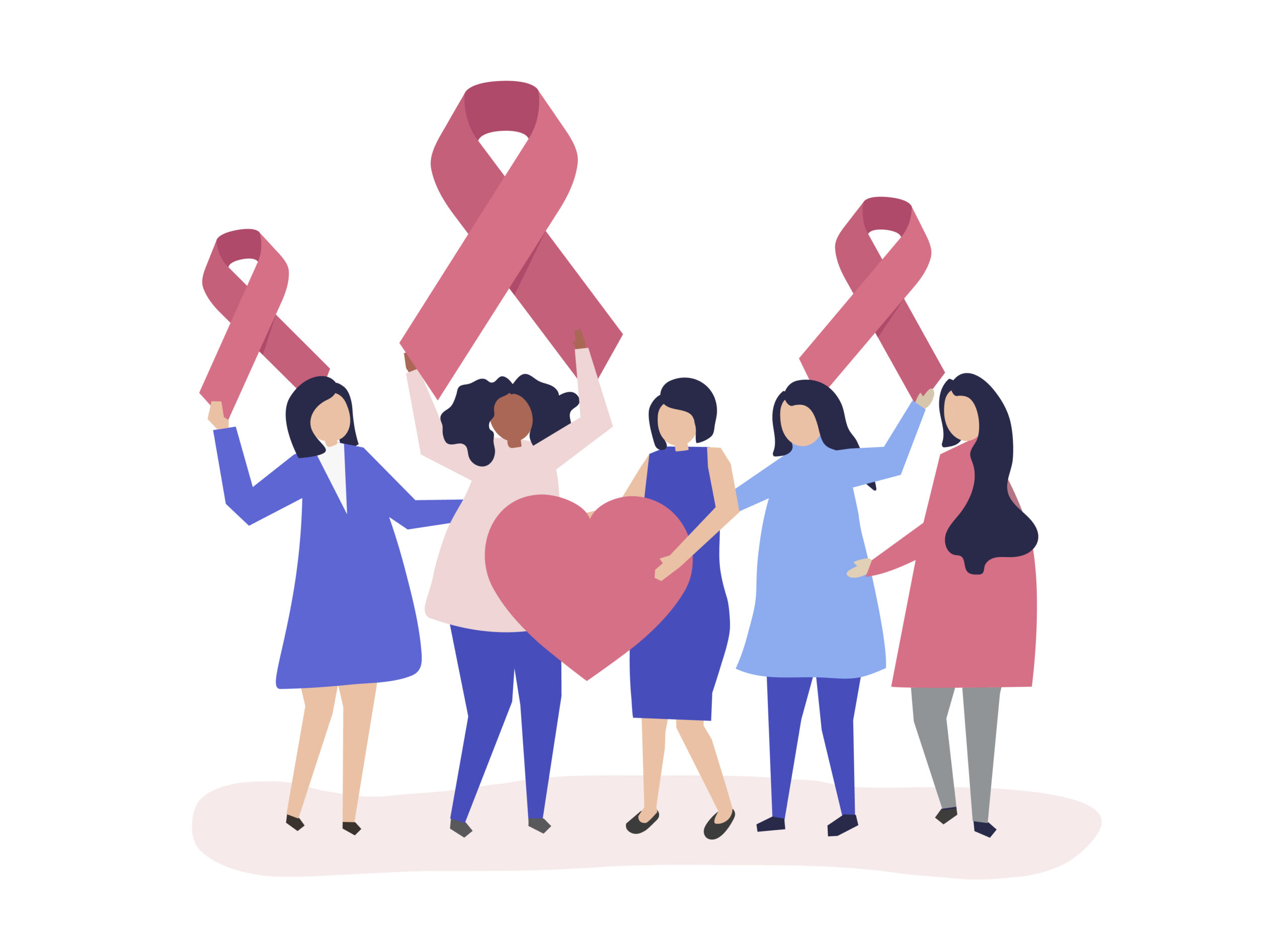Online Breast Cancer SUPORT Research Study
Researchers at The University of Arizona are partnering with breast cancer survivors to reduce distress experienced by breast cancer survivors and their supportive partners. Join our compensated study today!

Fast Facts
breast Cancer Survivor OR a Person Who Lives with a Breast Cancer Survivor
ages 18+
Finished Treatments within the last 5 years
Compensation Provided
Conducted Online
Study Background
Many breast cancer survivors (estimated 70% in some studies) experience significant distress (depression and/or anxiety) in the months and years after finishing cancer treatments. This research will build on the rigor of prior research to reduce breast cancer survivor distress with a compassion meditation intervention called CBCT (Cognitively-Based Compassion Training) and health education for online synchronous delivery that is also inclusive of supportive partners (i.e., adult family members who live with and often provide half the care for survivors).
Your participation in this study may help researchers improve support recommendations for breast cancer survivors. Advance research today and join our compensated study!

Study Background
Many breast cancer survivors (estimated 70% in some studies) experience significant distress (depression and/or anxiety) in the months and years after finishing cancer treatments. This research will build on the rigor of prior research to reduce breast cancer survivor distress with a compassion meditation intervention called CBCT (Cognitively-Based Compassion Training) and health education for online synchronous delivery that is also inclusive of supportive partners (i.e., adult family members who live with and often provide half the care for survivors).
Your participation in this study may help researchers improve support recommendations for breast cancer survivors. Advance research today and join our compensated study!
Additional Information
You or your loved one may be eligible to participate in this study if you meet the following criteria.
Key Criteria:
18+ years old
You are a breast cancer survivor who has finished major treatments a minimum of 3 months and a maximum of 5 years ago OR you are a family member who lives with a breast cancer survivor you will participate with
Live with a family member who can attend meditation classes with you
- You have access in your home to a computer or tablet
- Virtual screening/ “sign-up” visit: via online screening questions, informed consent, self-report relationship quality, demographics, and cancer treatment release form (as applicable)
- Virtual baseline visit (T1, within 2 weeks before intervention start): via online self-report psychological distress, social connection, relationship mutuality, intervention expectancy, also at-home collection of saliva samples to assess the stress hormone, cortisol.
- First virtual post-intervention visit (T2, within 2 weeks after the end of the 8-week interventions): via online self-report psychological distress, social connection, relationship mutuality, intervention expectancy, also at-home collection of saliva samples to assess the stress hormone, cortisol.
- Second virtual post-intervention visit (T3, within 2 weeks after the 1-month post end of the 8-week interventions): via online self-report psychological distress, social connection, relationship mutuality, intervention expectancy, also at-home collection of saliva samples to assess the stress hormone, cortisol.
- Third virtual post-intervention visit (T4, within 2 weeks after the 6-months post end of the 8-week interventions): via online self-report psychological distress, social connection, relationship mutuality, intervention expectancy, also at-home collection of saliva samples to assess the stress hormone, cortisol.
An Institutional Review Board responsible for human subjects research at The University of Arizona reviewed this research project and found it to be acceptable, according to applicable state and federal regulations and University policies designed to protect the rights and welfare of participants in research.




